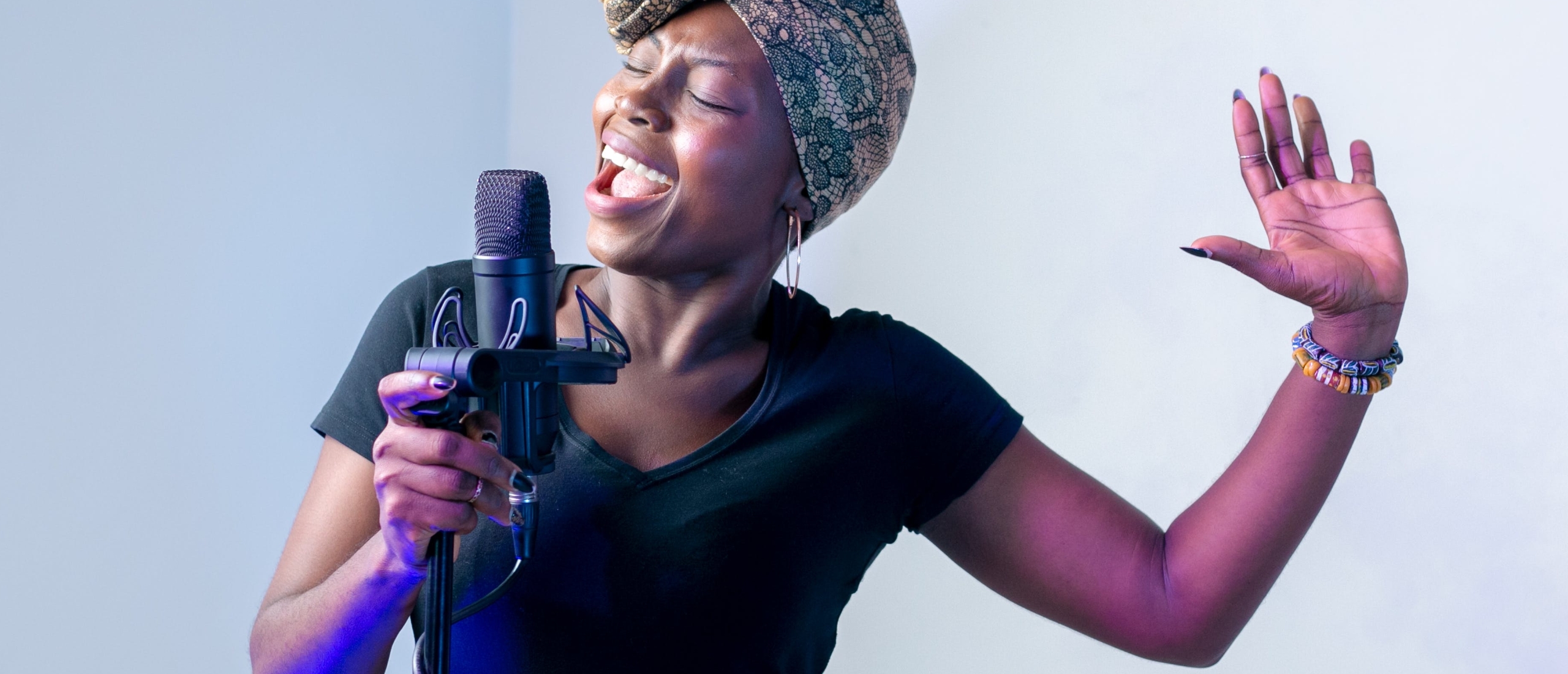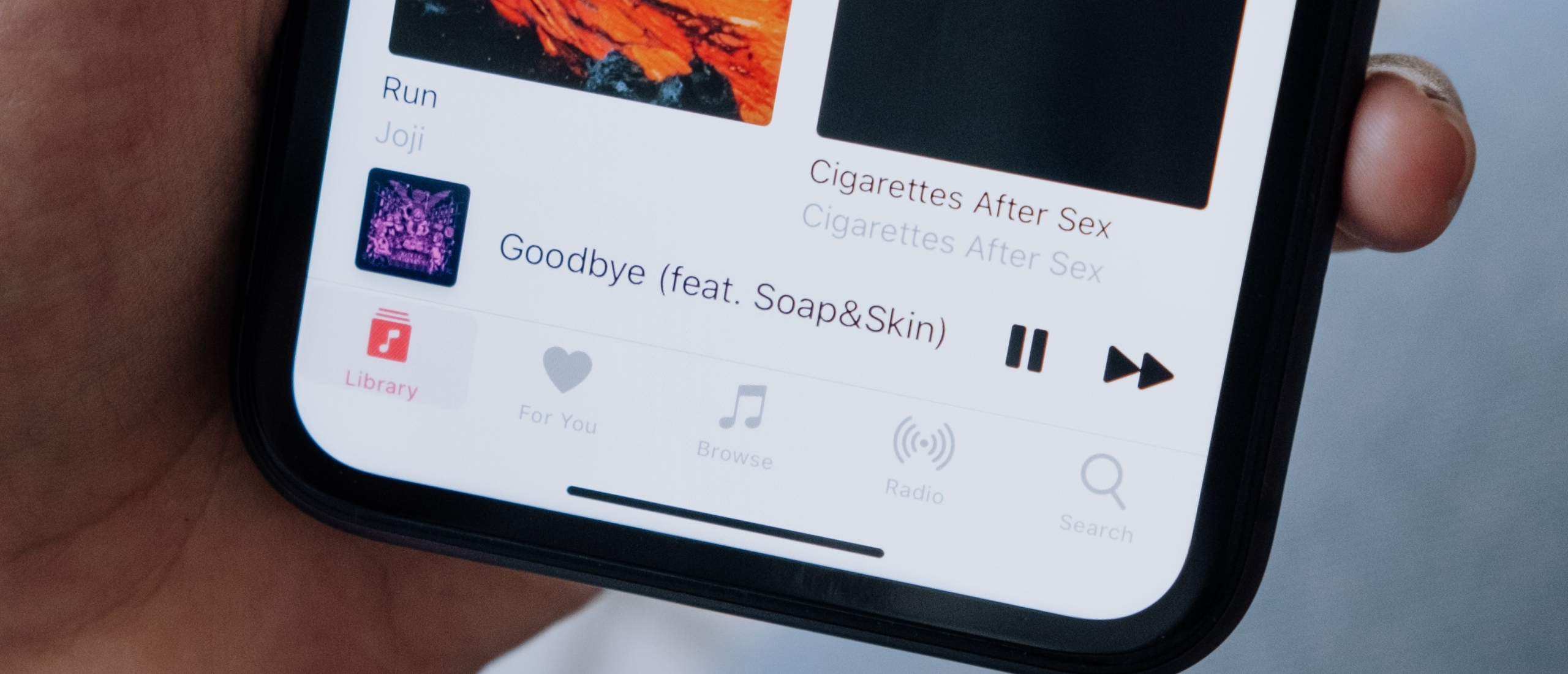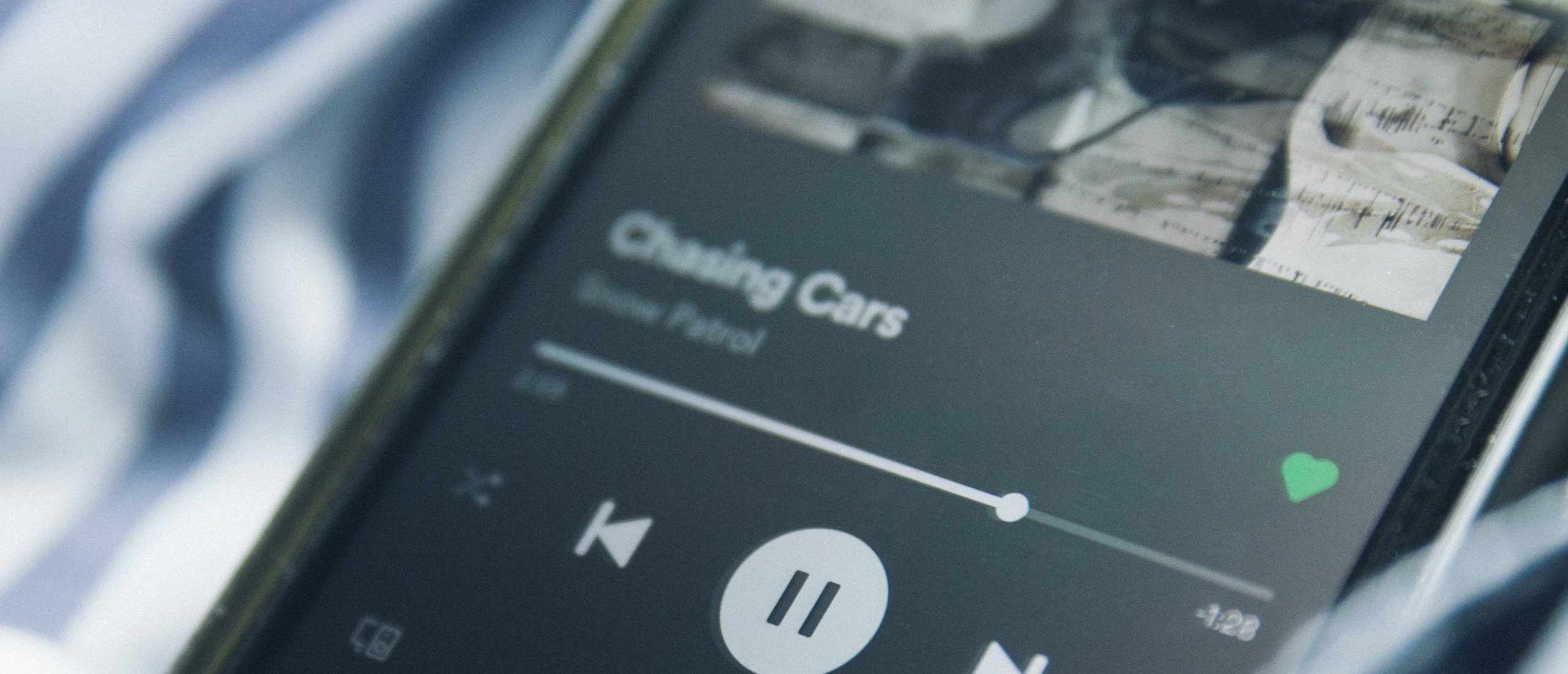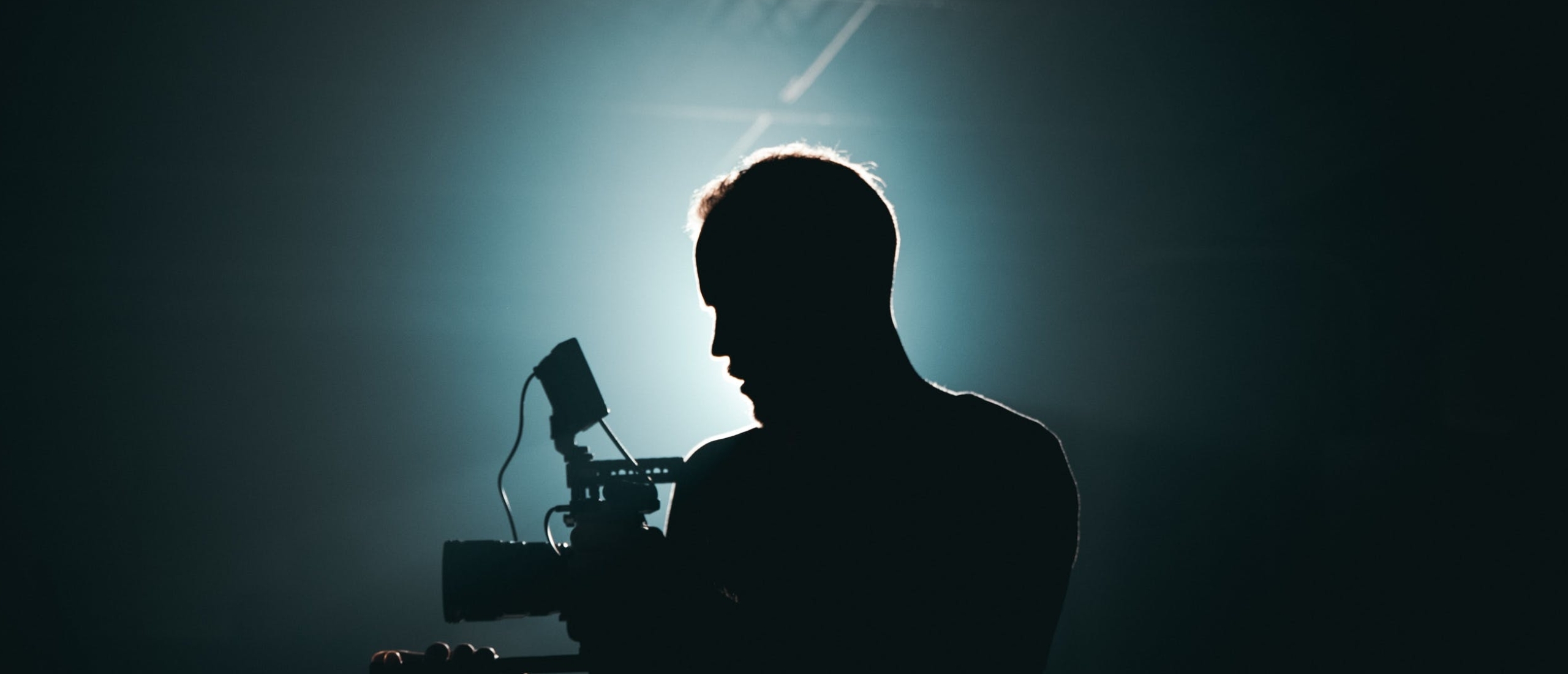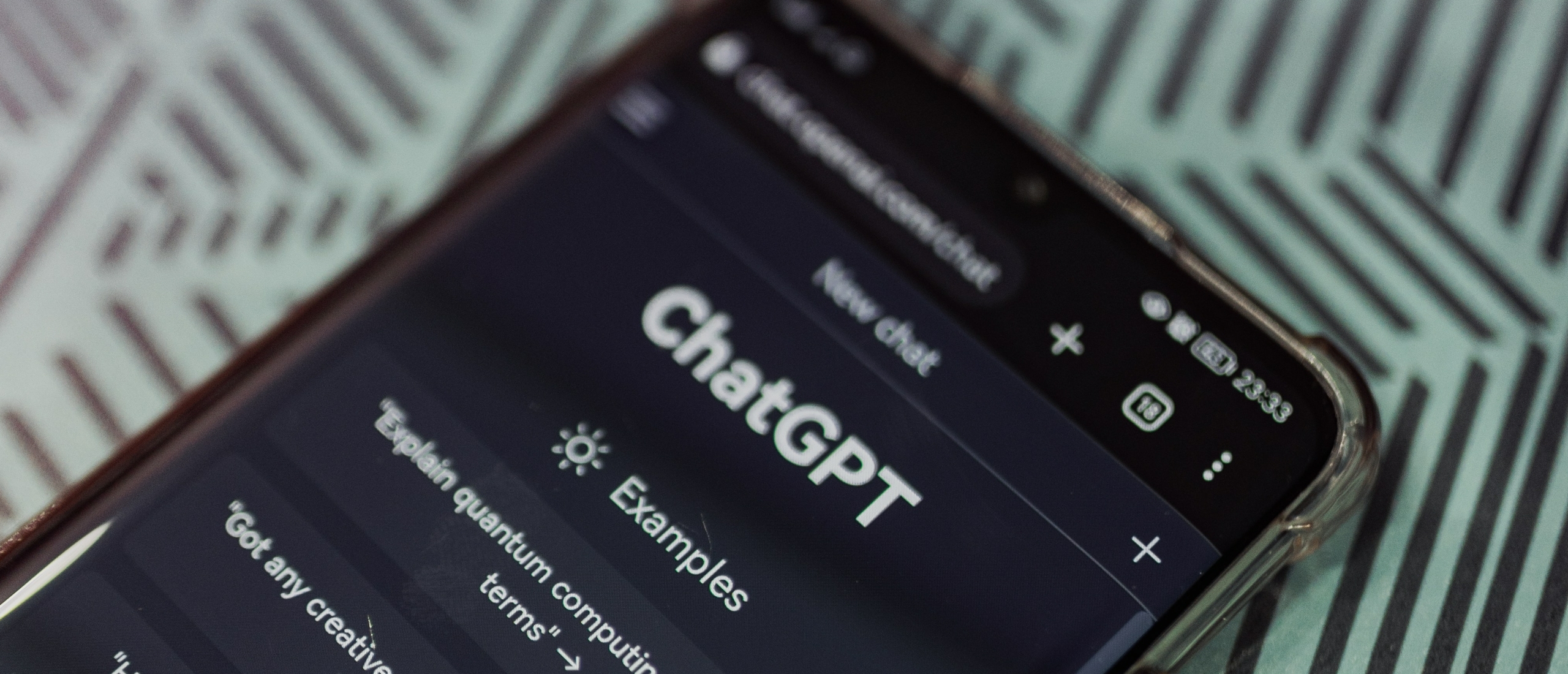Having the best starter tools is essential for budding artists making their initial start in the realm of music production. The correct tools can make all the difference in the development of your skill, whether you're a multi-instrumentalist, producer, guitarist, or singer. Here, we look at a few essential tools for aspiring musicians just starting out in the music business to help set them up for success.
Instruments of Choice
An artist's journey always starts with their instrument. Whatever instrument you choose to play—guitar, piano, drum set, violin, or anything else—it's important to pick one that expresses your enthusiasm and sense of style. Make sure the quality instrument you choose fits your skill level and budget.
Digital Audio Workstation (DAW)
A DAW is the main hub used in the process of producing music. Many DAWs are available, including Pro Tools, Logic Pro, FL Studio, and Ableton Live. User-friendly programs like GarageBand or Reaper are frequently the best choice for novices looking to get started with music production. Any artist, regardless of genre, can record, edit, mix, and compose music with a DAW.
Audio Interface
The audio interface acts as a crucial bridge between your computer and your instrument or microphone, enabling the direct recording of high-quality audio into your DAW. When looking for an interface, make sure it has the right amount of inputs and preamps to meet your recording needs. Select a model that will serve your needs both now and in the future when your recording setup changes. This will ensure that it is versatile and adaptable for all of your creative activities.
Studio Monitors or Headphones
To achieve precise sound monitoring, musicians can opt for either a set of studio monitors, high-quality headphones, or both. With the flat frequency response that studio monitors offer, you can hear your music without any coloring. High-quality headphones, on the other hand, such as the Sennheiser HD280 PRO or Audio-Technica ATH-M50x, might be a fantastic option if you're on a tight budget or in a shared place.
Microphones
A decent microphone is crucial for vocalists and those recording with acoustic instruments. For voices, the Shure SM58 is a flexible and affordable choice, while the Audio-Technica AT2020 is a fantastic starting point for studio recording. No matter which you choose, you will want a microphone that accurately picks up your sounds.
MIDI Keyboard Controller
For artists, particularly those starting out in electronic music creation, a MIDI keyboard controller is an incredibly useful instrument. It enables you to compose songs, manage different DAW parameters, and activate virtual instruments. Compact and reasonably priced learning aids, such as the Novation Launchkey Mini or Akai MPK Mini MK3, are frequently the best choice for novices.
Online Resources and Learning Platforms
Starting a musical journey requires prospective artists to also use digital tools in addition to purchasing real instruments and equipment. These online tools can be very helpful for studying, performing, and making music.
Musicians can make use of learning platforms and online resources that include tutorials, courses, and instructional materials. Musicians of all ability levels can learn a lot via websites such as YouTube, Skillshare, Udemy and music-specific platforms like Coursera's Berklee Online.
Online Tuners and Metronomes
Online resources for digital tuners and metronomes make them a practical choice for musicians who want to adjust their instruments and become more timed. Websites that offer free and easy-to-use tools for metronome beat setting and instrument tuning include MetronomeOnline.com and Free Online Guitar Tuner.
Music Learning Platforms
For artists of all skill levels, interactive tutorials and exercises are available on websites like Yousician, Fret Trainer, and JustinGuitar. For example, Yousician offers lessons for a variety of instruments and uses gamification to make learning entertaining and interesting.
Music Notation Software
Music notation programs like Noteflight and MuseScore give songwriters and composers a digital workspace where they can write, modify, and exchange musical scores. Because of their user-friendly interfaces, these instruments make it easy for musicians to compose and organize their works.
Collaboration Platforms
Real-time remote cooperation amongst musicians is made possible by online collaboration platforms such as Soundtrap and BandLab. These platforms make it easy for musicians to collaborate even when they are in various places by providing tools for recording, mixing, and sharing music.
Digital Audio Plugins and Samples
The ability to use digital audio plugins and samples can greatly expand a musician's range of sounds. Musicians can experiment with various sounds and textures by using the extensive libraries of high-quality samples, loops, and plugins available on websites like Splice or Loopmasters.
Digital Distribution Platforms
Artists can distribute their music to a variety of internet platforms, including Spotify, Apple Music, and others, by using services like DistroKid, TuneCore, or CD Baby. These platforms help distribute music to a worldwide audience by placing it into well-known streaming services and digital retailers. They frequently include promotional tools and statistics as well, enabling artists to monitor their work and optimize their releases for increased exposure.
If you don’t want to pitch your own songs, use a service like GetPlaylisted, which can help get your music onto organic Spotify playlists. GetPlaylisted is partnered with major labels and independent playlist curators and can help get your music in front of the right people to build your fan base.
Creativity and Passion
Above all, never undervalue the influence of your musical enthusiasm and originality. These intangible components are what propel your musical adventure. Accept your individuality as a musician, try new things, and never stop trying to get better. Your creativity and passion are the best starter tools you need as an artist.
Things To Consider When Choosing Your Tools as a Starter Musician
As a musician, there are a few things to take into account while selecting your beginning tools so you can make an informed investment in your career:
- Give top priority to the gear that best suits your desired sound and type of music. While choosing instruments like guitars, keyboards, or drum sets, take into account the instruments' quality, longevity, and appropriateness for your skill level.
- Evaluate hardware and software features and ease of use for recording and production. Select a DAW that provides the tools you need without being overly complicated and that fits nicely with your workflow.
- Prioritize investing in high-quality stands, headphones, and other peripherals like cables to support your performance and practice needs. Always be mindful of your spending limit, but make an effort to strike a balance between cost and quality.
- As your abilities develop, take into account future scalability and flexibility to make sure your instruments and other musical tools can expand with you.
The Best Starter Tools For a Musician Can Help Set You Up For a Successful Musical Career
Purchasing necessary hardware, software, and accessories is an important part of developing your arsenal as a budding musician. The most crucial tools, though, aren't material; rather, they're your enthusiasm, commitment, and readiness to develop as an artist. As you go out on your musical adventure, keep in mind that your desire and inventiveness will be the things that really determine your route in the music industry.

